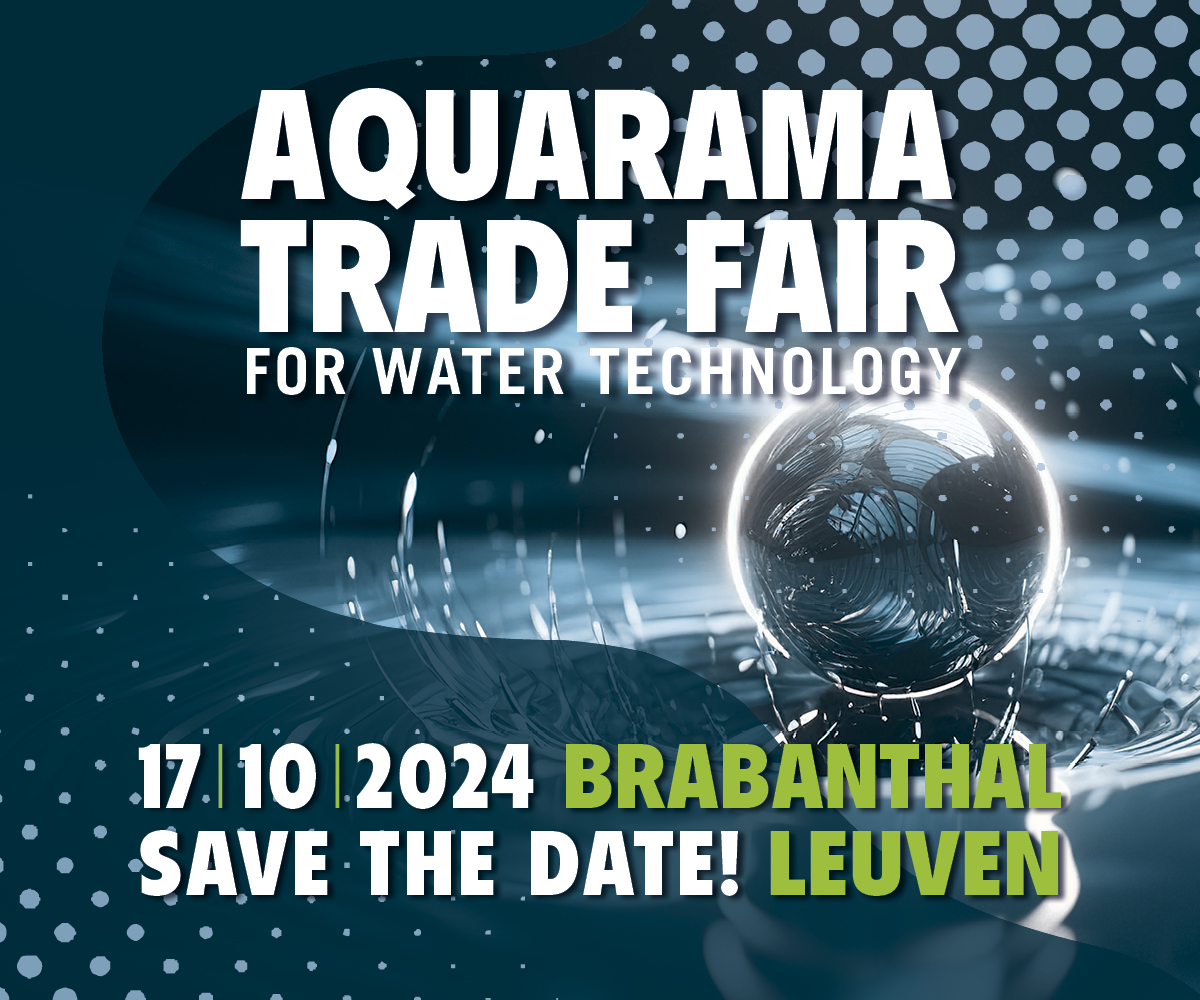ENGINEERINGNET.EU -- European chemical companies feel the urge to jointly innovate, in order to achieve more resource efficiency and sustainability. To facilitate this transition, TNO uses a scientific tool to improve regional innovation systems.
The chemical and process industry is on the outlook for answers on how to deal with resource scarcity. Several solutions are possible, for instance: diminishing the dependence on petrochemical feedstock, searching for biobased alternatives, using resources and energy more efficiently through process intensification and control technologies, recycling of material and the exchange of waste materials between industries.
All in all, these actions should lead to a reduction of CO2 levels and an economical use of resources. To achieve these goals, the industry realizes that it should join hands and cooperatively explore ways to save resources. Resource efficiency affects the entire value chain; from miners, producers of semi-finished and finished products to waste management companies.
Not so much a technical innovation, but a strategic innovation is needed to tackle this issue and bring companies together. An innovation system is needed, comprised of a network of actors (entrepreneurs, governments, knowledge institutions) involved in the development and implementation of a particular innovation.
TNO-researcher Roald Suurs has developed a scientific method called Innovation System Analysis (ISA) to highlight the necessary conditions for a successful innovation system. These conditions are, for instance, entrepreneurial activities, development and diffusion of knowledge and the support from advocacy coalitions.
This tool is the backbone of an EU-project called Regions for Resources. All over Europe, chemical industries have assembled in this project and have formulated common ambitions and goals. Initiator of the project is the European Technology Platform SusChem, with the Swedish research organization SP as coordinator.
The project proposal stresses that this tool ‘will allow regions to form a clear picture of their innovation systems, exchange valuable information, share learning experiences and draw conclusions on how to develop or improve their regional action plan’.
This summer, the consortium agreement was signed. A key feature of the project is the analysis of regional innovation systems. With local players in both the port of Rotterdam and the Greentech Campus in West-Brabant, TNO is determining which ambitions can be formulated, how the different parties can interact and which pilot projects can serve as an example.
Project leader Ton Bastein expects that this autumn the Dutch consortium will start the quest to understanding and improving the performance of the regional innovation cluster. In the end, a joint European action plan will be developed to improve collaboration and to boost innovation in the European chemical and process industry.
(GL)











